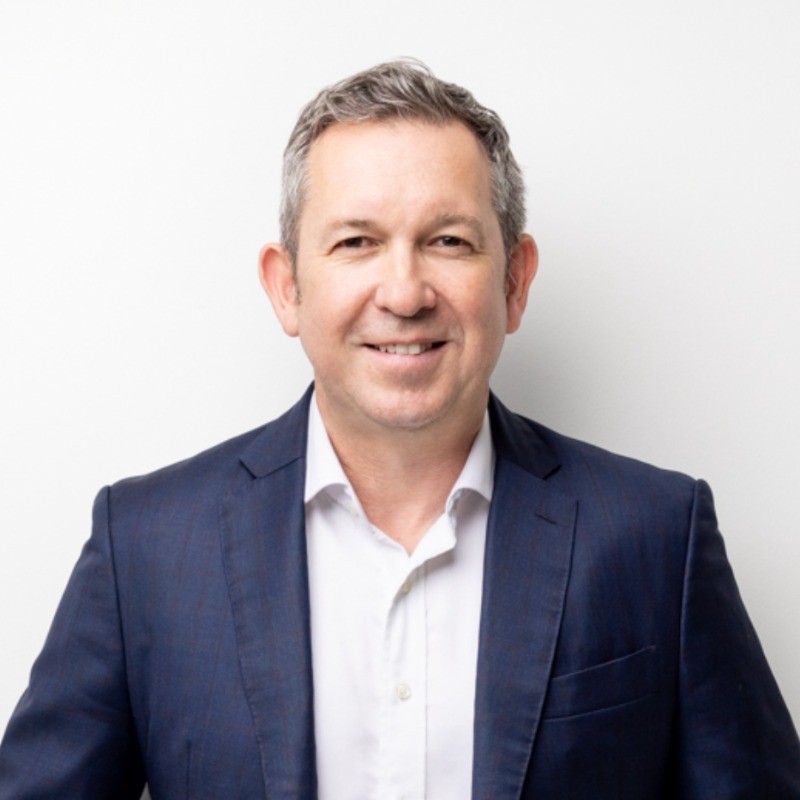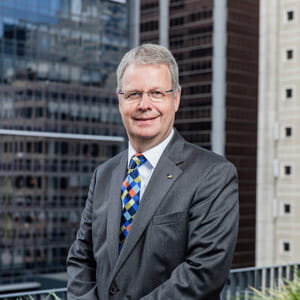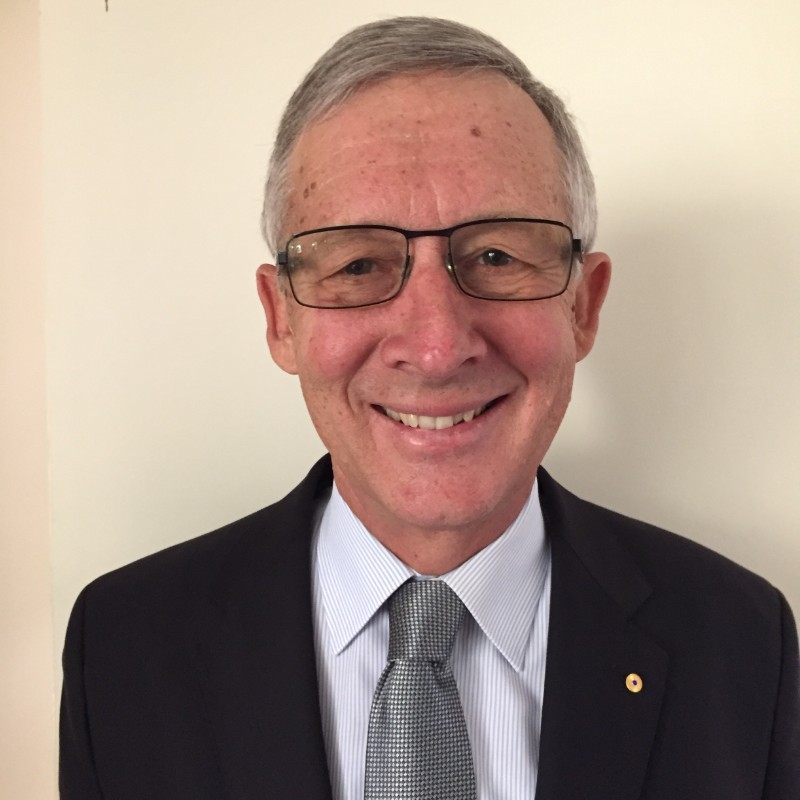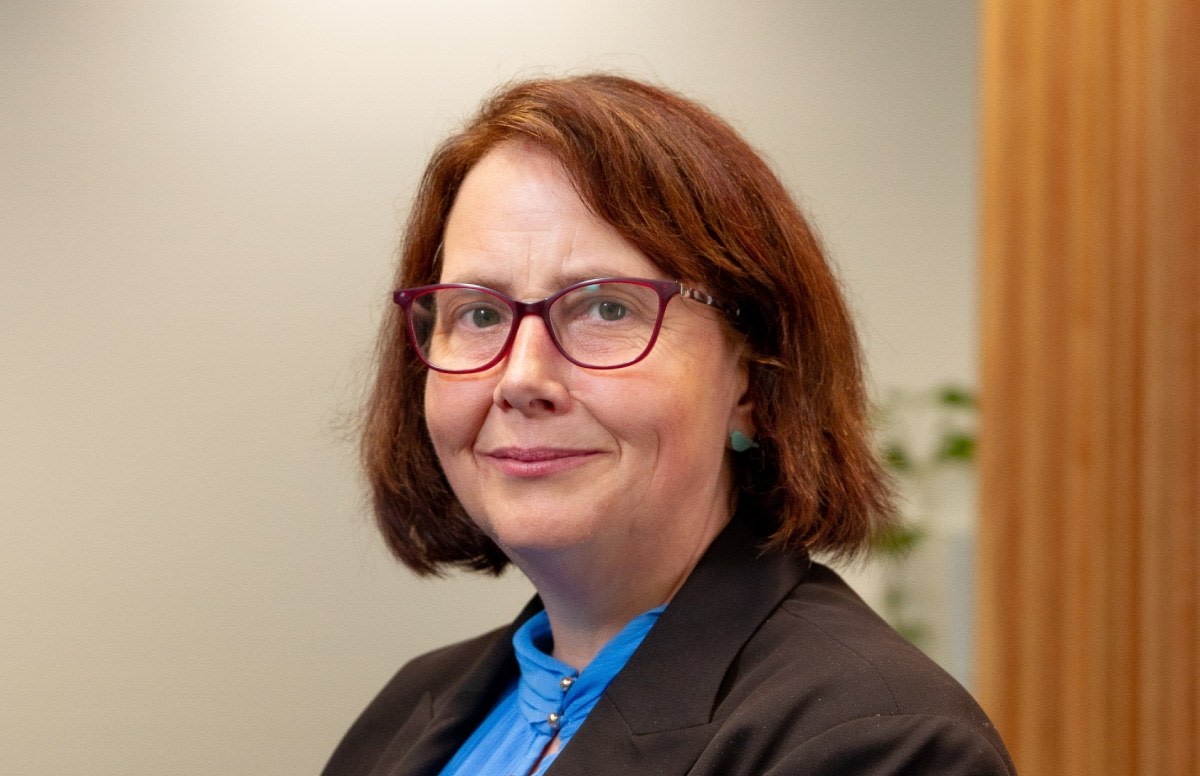Mortgagees lose borrowing capacity by 30%
By Leon Gettler, Talking Business >>
TIM GASPAR, the CEO of Hatch Financial Services. has noticed a big change in the mortgage market.
Since COVID in 2020, the borrowing capacity of borrowers has declined by 30-35 percent (%).
“So if you’re thinking of borrowing $1 million, that’s $300,000 less that they can borrow now,” Mr Gaspar told Talking Business.
“Therefore, for someone trying to buy their first home, or someone looking to move to their next home, their ability to execute that plan is now greatly reduced because they can’t borrow enough.”
Fundamentally, he said, it has been caused by the rise in interest rates.
“At the start of Covid, the RBA cash rate was 0.35% and it dropped down to 0.1% and now we are up to 4.35%,” Mr Gaspar said.
He said while economists were talking last Christmas about three rate cuts in 2024, now they are talking about a rate cut later this year – while in the US, the talk about rate cuts has been pushed further back. And now, with the latest inflation figures in Australia, some are saying there won’t be a rate cut until 2025. 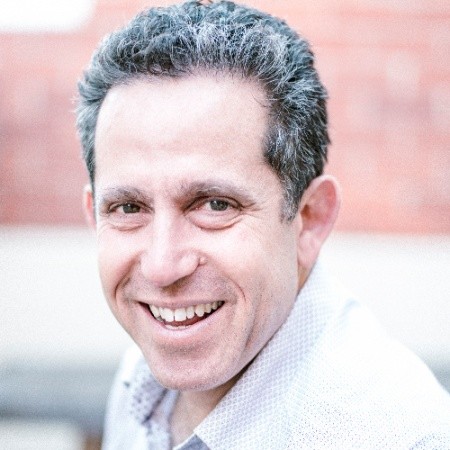
“It leaves the market in a position where it’s really hard for people to get in or make their next move, so we’re seeing less transactions than we might otherwise,” Mr Gaspar said.
”The other thing we’re noticing is it’s really hard for clients to refinance to secure lower rates because if they set their loan up two years ago, maybe on today’s rates, they can’t afford that same loan in the eyes of the banks.”
Backing up investment lending
Mr Gaspar, who has been a mortgage broker for 15 years, said it was having a similar impact on investment lending.
He said a number of banks now have an alternate refinance policy which, rather than apply a 3% buffer to current rates to assess affordability, they will only apply a 1% buffer. The conditions for using that policy are dollar-for-dollar refinance and the borrower can demonstrate they are better off by moving to a lower rate.
Mr Gaspar said there had also been an increase in part time brokers.
“Those that are part time appear to be parents with young families who are working and balancing families or who are accountants and financial planners who are doing a bit of mortgage broking,” he said.
“It must be really tough to be an expert both as a financial planner and an accountant as well as keeping up with what you need to know as a mortgage broker, so hats off to people who think they can do it.
“I think there is enough to know and keep across as a mortgage broker for that to be a full-time endeavour.”
Mr Gaspar said mortgage brokers were now starting to look at how they can use artificial intelligence to deliver a better service, whether that involves preparing applications to send to banks or creating marketing content to share with customers.
However, he had some reservations about it.
“Like every industry, AI will have a big say in broking over the next decade – but there is a really strong place for individuals and for personal service,” Mr Gaspar said. 
Hear the complete interview and catch up with other topical business news on Leon Gettler’s Talking Business podcast, released every Friday at www.acast.com/talkingbusiness
ends

 How to resolve AdBlock issue?
How to resolve AdBlock issue? 